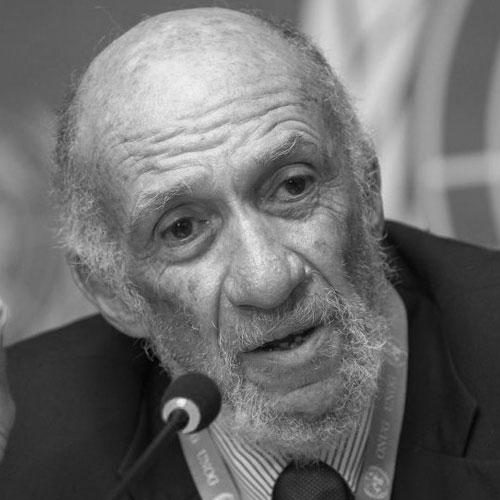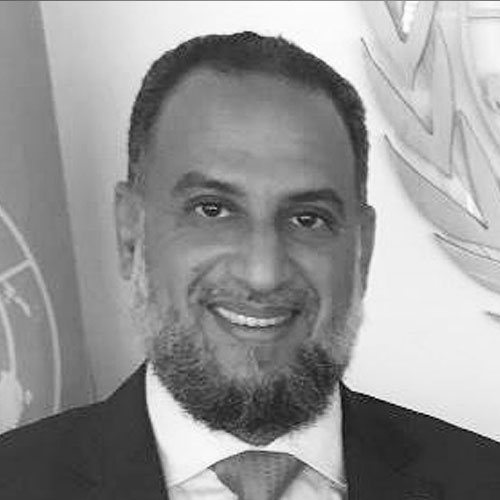The United Nations describes the responsibility to protect as embodying a political commitment to end the worst forms of violence and persecution, seeking to narrow the gap between member-states’ pre-existing obligations under international humanitarian and human rights law and the reality faced by populations at risk of genocide, war crimes, ethnic cleansing and crimes against humanity. Emerging out of the aftermath of the Rwandan genocide and the atrocities in the Balkans – the most prominent being the Bosnian genocide – which the international community failed to prevent, the international community engaged process to decide how to react to gross and systematic violations of human rights. Decades later, the atrocities in Syria, Yemen, against the Rohingya and other minorities have once again seen the international society largely standing on the side lines.
While governments around the world have pledged to protect their own populations from such atrocities and to take timely and decisive action according to the UN Charter when state authorities fail to do so, the fact that crimes against humanity continue to take place on a massive scale is indicative of an institutional break down on the international level. Given the failure to take decisive action through the relevant international bodies, the onus to act has been put on individual states or alliances. This session examines the issue of the moral responsibility of both national governments and the international community to account for human security in strategic planning and explore ways to strengthen the international consensus on the responsibility to protect.
Discussion Themes
• What does a human-centric foreign policy entail on the ground? How and why should notions of human security be incorporated into national strategic outlooks?
• Why have man-made (human-made/artificial) humanitarian crises, such as those in Syria,
Yemen, Myanmar and elsewhere continued seemingly unabated? Are existing agreements
and institutions sufficient for addressing these issues? If not, what are possible alternative mechanisms to effectively deal with massive human rights abuses and crimes against humanity?
• What types of changes need to be made to existing institutions and agreements in order to prevent future humanitarian crises? What lessons have been learned, if any, by the international community through ongoing humanitarian disasters?
• How are climate-related events and public health crises projected to impact humanitarian situations around the world? How are these potentials being incorporated in the strategic outlooks of states?
• How can governments strike a balance between the need to respect national sovereignty
while ensuring basic universal standards of human dignity are respected? Beyond culturally relativistic arguments, are there a set of minimalist human rights that are amenable to all societies? If so, how can they be protected in cases where national governments either fail to do so or actively persecute elements of their own populations?




